Is Nizoral The Solution To Your Acne Problems?
Get rid of fungal acne without worries with this potent and cult-classic shampoo.
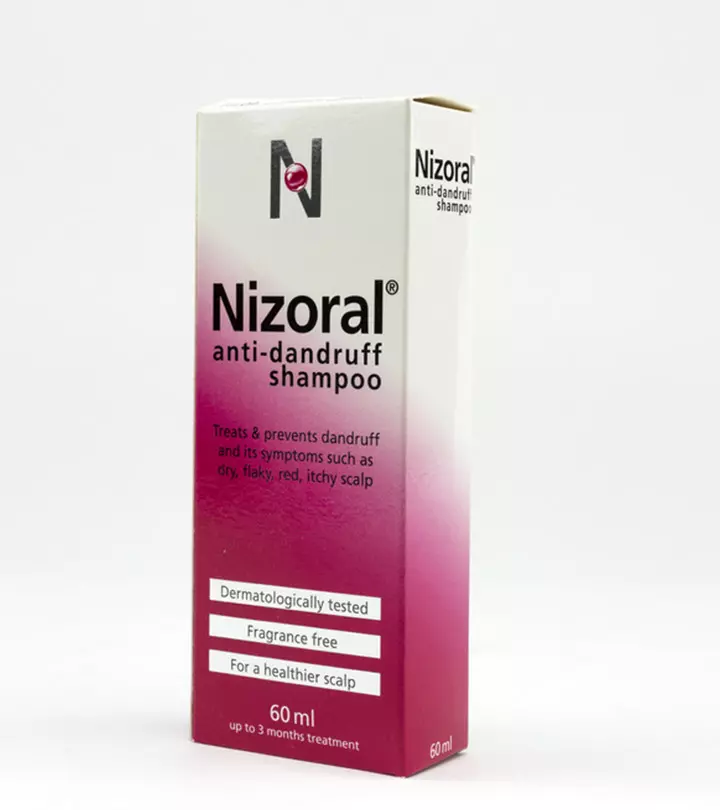
Image: Shutterstock
Fungal acne is caused by Malassezia (pityrosporum) folliculitisi Inflammation of the hair follicle or the pockets from which hair grows, leading to irritation and pain. (1). These red, itchy, and small bumps resemble pimples or acne. However, you may use Nizoral for acne treatment, especially fungal acne. It is an anti-dandruff shampoo that helps manage this condition.
Fungal acne can be managed with the same ingredients that may treat dandruff. It is because fungal acne is caused by an overgrowth of yeast on the scalp and hair follicles and may cause acne-type symptoms and inflammation. That is why fungal acne needs to be treated differently from other acne types. And if you have tried other products without any effective results, it is time to give Nizoral a try.
So, if you are wondering how Nizoral may work and how effective it is, this article has the answers. Keep reading to learn everything about Nizoral, its benefits, how to use it, and potential risks. Scroll down.
In This Article
What Is Nizoral?
Nizoral is a shampoo brand that is also available as a gel and cream. It can also be taken as oral therapy (tablets) if prescribed. The chief ingredient in Nizoral is 1% ketoconazole. Ketoconazole is an antifungal medication.
 Trivia
TriviaKey Takeaways
- Nizoral is an antifungal shampoo that targets yeast overgrowth, reduces excess oil, and unclogs the pores.
- It contains ketoconazole, which can be used to treat fungal acne.
- However, Nizoral may cause side effects like itching, dryness, nausea, and headaches.

Why Should You Use Nizoral?

Before we understand why you must use Nizoral, let us understand why other common anti-acne measures are not quite effective. Bacterial acne or acne vulgaris can be caused due to numerous reasons, but the causes of fungal acne are more defined.
Oily skin is conducive to fungal growth. Hot and humid conditions and excessive sweating also lead to oil build-up on the skin and attract fungus. Our skin usually has a balance between bacteria and fungus. When fungal acne is misdiagnosed, people often take antibiotics to treat it. The antibiotics eradicate even the good bacteria which indirectly leads to an increase in fungal acne. Fungal acne, as its name suggests, requires anti-fungal treatment.
Nizoral is an antifungal medication used to treat various types of fungal infections and dandruff or seborrheic dermatitis. Its ketoconazole content reduces the growth of yeast and helps reduce fungal acne.
What Are The Benefits Of Using Nizoral?
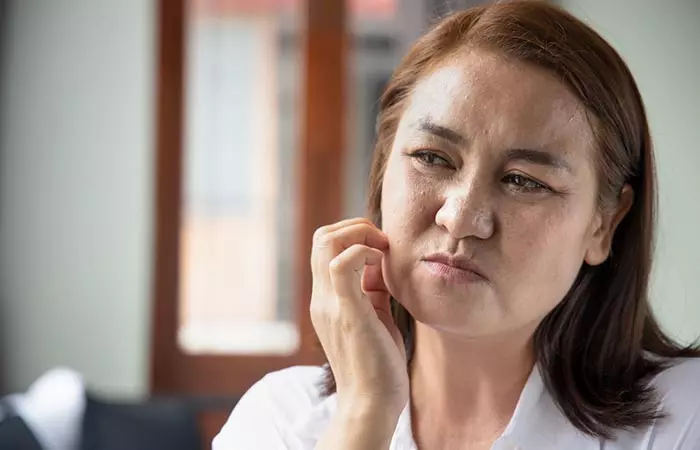
Nizoral has many benefits in addressing acne, some of which are:
- It unclogs the pores
- It targets the yeast overgrowth
- It allows the skin to breathe
- It reduces the excess skin oil
- It soothes itchy, irritated skin
- It lightens acne scars
You can see a marked change in your skin before and after using Nizoral. The inflamed, bumpy, itchy, and acne-ridden skin becomes less aggravated and slowly begins to return to normal.
How To Treat Acne With Nizoral
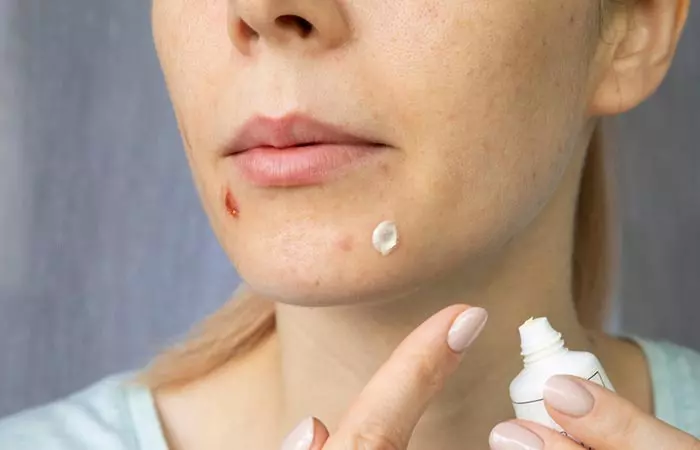
Before you go ahead and buy Nizoral, it is advisable to visit a dermatologist to confirm that the acne you have is, indeed, the fungal kind. Here is how you can use Nizoral on the different parts of your body:
- Dampen the areas of your skin having acne. If your skin is broken or irritated, it is best to wait until it heals.
- Apply Nizoral on the affected area of the skin.
- Rub Nizoral gently with the tips of your fingers to help it lather. Using your nails could break the skin or hurt you.
- Leave it on for 4 to 5 minutes.
- Wash it off with lukewarm water. If the water is too hot or too cold, it might further irritate your skin.
Fungal acne also occurs on the face because of dandruff, especially along the hairline and the T-zone (your forehead and nose). Since Nizoral is a shampoo, it can also double as a liquid cleanser or face wash. You need to be more careful if you are planning to use Nizoral on your face. The skin on your face is thinner and more sensitive than the skin on the rest of your body.
You can use Nizoral for your face in the following manner:
- Wash your face with lukewarm water.
- Apply Nizoral on the affected areas.
- Rub the Nizoral gently with your fingers in a circular motion.
- Let it lather and leave it on for 30 to 60 seconds.
- Rinse your face with lukewarm water.
You can use Nizoral on your face on alternate days. If you see any signs of irritation or a rash, use it just twice a week. Inform your doctor if the condition worsens.
A word of warning: Do not let Nizoral get into your eyes, ears, or mouth. If it does, wash it out immediately. If you feel any burning sensation, visit a dermatology expert.
 Quick Tip
Quick TipWhat Is The Ideal Frequency Of Use?
As mentioned earlier, Nizoral is available as a shampoo, cream, and tablet. These products are available over-the-counter as well as on prescription. The ones that are prescribed by a doctor are more potent as they contain 2% ketoconazole and require fewer applications.
Talking about its use frequency, follow the advice given by your doctor and the instructions shared by your pharmacist.
Fungal acne usually appears on the chest, back, and upper arms. This could be due to dandruff falling from the scalp or the excessive overgrowth of the fungus spreading beyond the hair on your head. In such cases of active breakouts, you can use Nizoral on alternate days. If not, you can use Nizoral twice a week for a couple of months. As the acne improves, you can use it once in a while. However, it is wise to continue using it for at least a few months even after the acne totally subsides.
Fungal acne may recur due to weather changes (cold winters to hot and humid monsoons) or your lifestyle changes (extensive workouts).
Nizoral cream can be applied once a day for a month. It should be applied to the entire affected area as well as to the skin around it. But how long does it take to show significant results? Learn more about that in the next section.
How Long Does Nizoral Take To Work On Fungal Acne?
The duration Nizoral takes to work on fungal acne depends on its severity. This differs from person to person and may take anywhere between several weeks to a few months. However, anecdotal reports suggest that the first signs of improvement may be noted within two weeks. In most cases, healthcare providers may recommend a combination therapy for effective results.
Is Nizoral Effective For Hormonal Acne?
Nizoral is typically prescribed for fungal acne and other fungal infections. However, it is not proven to work for hormonal acne. Hormonal therapies, oral contraceptives, diet and exercise, and other treatment methods that focus on restoring hormonal balance are generally recommended for hormonal acne.
While Nizoral seems to be generally recommended for acne, and especially fungal acne, how safe is it for use?
Is Nizoral Safe To Use?

Fungal acne is very common in adolescents. Hormonal changes can cause the sebaceous glandsi Glands that open on hair and skin and secrete oily and waxy substances to prevent excess dryness. to secrete excess oils (2). Fungal acne also occurs in people living in hot and humid climates. The over-the-counter Nizoral can be used by people of any age and any skin type. However, here are certain Don’ts’ to keep in mind before and while using Nizoral:
- Do not use Nizoral if you are allergic to ketoconazole.
- Do not use Nizoral without a prescription from a doctor (especially if you have a history of asthma or are allergic to sulfites).
- Do not use Nizoral without informing your doctor or pharmacist about any other medications you are taking.
- Do not use Nizoral if you are pregnant or breast-feeding. Certain studies show that Nizoral can be absorbed into the body. Topical application may affect pregnancy (3), (4).
- Do not overuse Nizoral. Follow the instructions given by your doctor and/or pharmacist. Overuse may aggravate your skin condition. If you do not see any improvement in your skin even after using it for two weeks, inform your doctor.
- Do not apply it on broken skin or open wounds and always do a patch test before topical application to prevent irritation or possible reactions.
What Are The Side Effects Of Nizoral?

Nizoral is one of the easiest and most successful methods of treating fungal acne. But it is a medication. The ketoconazole it contains may have side effects. These include (5):
- Differences in the texture and color of hair
- Rapid thinning of hair
- Itchy skin
- Dryness of skin
- Rash in and around the treated area
- Nausea
- Constipation
- Headaches
- Stomach aches
- Dizziness
Here are some of the more adverse reactions to ketoconazole. Most of these are based on anecdotal evidence. But should you experience any, discontinue use and inform your doctor immediately.
- Inflamed skin that becomes painful or infected
- Burning sensation
- Irritation
- Hives
- Swelling of the face, lips, tongue, and throat
- Difficulty in breathing
A beauty and lifestyle blogger with erythema shared her skincare routine that helped improve her skin health. She was using Nizoral to treat the issue but stopped, as it was drying out her skin. She writes, “Wash face with Nizoral (again, I’m paranoid about malassezia-feeding sweat), but I might stop because the Nizoral is drying (i).”
What Can You Do To Make Nizoral Work Better?
- Fix Your Dietary Habits
Stay hydrated. Water is an internal and external cleanser. Avoid highly processed, oily, fatty, and sugary foods. Such foods may hurt your bodys immunity and allow the fungus to thrive.
- Wear Comfortable Clothing
If you live in hot and humid conditions, wear clothes that are loose, comfortable, and let your skin breathe. Shower and change into clean clothes as soon as you are done with your workouts. Wipe yourself with a clean wipe. Sweaty skin, tight clothes, and humid conditions are perfect conditions for the fungus to develop.
- Avoid Using Oily Products On Your Skin
Nizoral can cause your skin to become dry and itchy. Look for an oil-free moisturizer that will help hydrate your skin. Makeup products can clog your skin and its pores. Use a face wipe or cleanser to keep your skin clean so that the pores can breathe. Do not leave makeup longer than required.
- Consider Supplementary Treatments
Nizoral is a great antifungal treatment and targets Malassezia yeast, a common cause of fungal acne but does not work well when it comes to bacterial acne and clogged pores. This is where you can introduce other remedies that supplement Nizoral to help it work better and faster. Salicylic acid, a beta-hydroxy acid (BHA), is useful in reducing inflammation and clearing the skin of oil and dead cells (6). Tea tree oil doubles as an anti-fungal medication too (7). Benzoyl peroxide is also known for its antibacterial properties and can help by reducing yeast overgrowth on the skin (8). However, check with your doctor before using such supplementary treatments.
Infographic: Tips For Using Nizoral To Treat Acne
Do you have stubborn acne on your skin that refuses to budge a bit? Or are you dealing with an itchy scalp caused by dandruff? If yes, Nizoral is the solution. It is an anti-fungal shampoo that helps treat both skin and scalp irritation. Not just that, it also helps to unclog pores by removing impurities from the skin, which helps the skin breathe better. Want to know how you can use it? Check out the infographic below.
Some thing wrong with infographic shortcode. please verify shortcode syntax
Fungal acne is characterized by red, painful, itchy bumps that are caused by Malassezia (yeast) infection. One of the common and most effective ways of treating fungal acne is by using Nizoral. The benefits of using Nizoral for acne involve reducing the growth of yeast, providing relief to itchy skin, and lightening acne scars. You can use include Nizoral in your skincare routine and use it twice a week or as per your doctor’s instructions. The ketoconazole present in Nizoral may cause side effects such as dryness, itchiness, nausea, stomach aches, and dizziness. If you experience any side effects, stop using it at once and consult your doctor.
Frequently Asked Questions
Is Nizoral a steroidi A group of biologically active substances, like hormones, that have anti-inflammatory properties and can treat various conditions. ?
No. Nizoral is a formulation of 1% ketoconazole. Ketoconazole is one of the antifungal medications called imidazoles.
How fast does Nizoral work?
Nizoral usually takes anywhere from about 2-6 weeks to show visible results.
Does Nizoral contain salicylic acid?
No. However, the majority of Nizoral-containing products also contain salicylic acid, as it is an effective anti-inflammatory.
Does Nizoral cause hair loss?
Possibly. Anecdotal evidence suggests that hair loss is one of the rare side effects of Nizoral use.
Does Nizoral help hair regrow?
Possibly. There is anecdotal evidence that ketoconazole, the active ingredient in Nizoral, may assist with hair regrowth and reduce inflammation in patients with androgenic alopecia.
Illustration: Is Nizoral The Solution To Your Acne Problems?
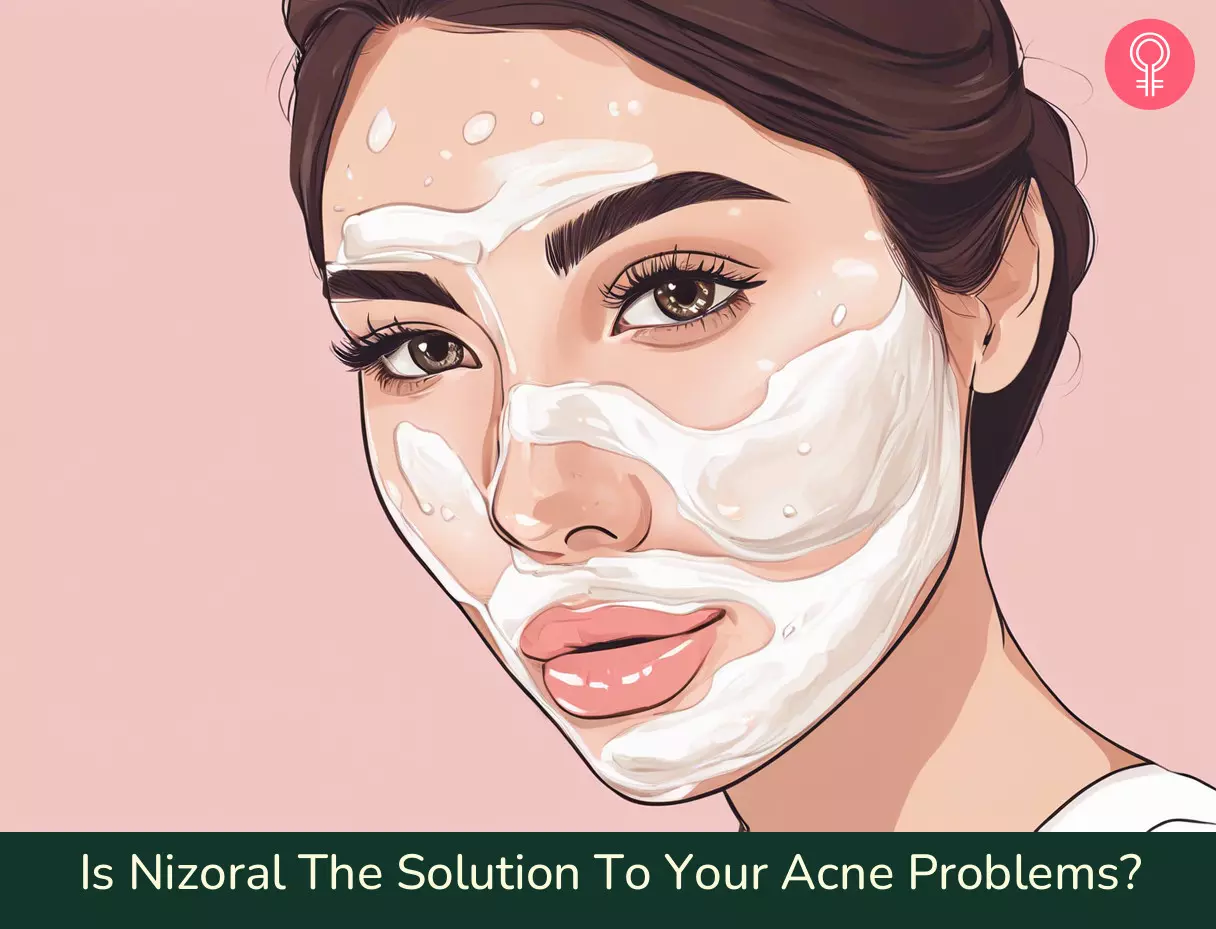
Image: Stable Diffusion/StyleCraze Design Team
Struggling with fungal acne? Dive into this video to explore the effectiveness of Nizoral shampoo in combating this stubborn condition and find out if it is the game-changer you have been searching for!
Personal Experience: Source
StyleCraze's articles are interwoven with authentic personal narratives that provide depth and resonance to our content. Below are the sources of the personal accounts referenced in this article.
i. Dying For Pie (Post-Inflammatory Erythema)https://thecatstuxedo.wordpress.com/2019/02/20/dying-for-pie-post-inflammatory-erythema-part-1/
References
Articles on StyleCraze are backed by verified information from peer-reviewed and academic research papers, reputed organizations, research institutions, and medical associations to ensure accuracy and relevance. Read our editorial policy to learn more.
- Malassezia (Pityrosporum) Folliculitis
https://www.ncbi.nlm.nih.gov/pmc/articles/PMC3970831/ - An update on the role of the sebaceous gland in the pathogenesis of acne
https://www.ncbi.nlm.nih.gov/pmc/articles/PMC3051853/ - Ketoconazole impairs early pregnancy and the decidual cell response via alterations in ovarian function
https://pubmed.ncbi.nlm.nih.gov/9441720/ - Drugs and Lactation Database (LactMed)
.https://www.ncbi.nlm.nih.gov/books/NBK501228/#:~:text=Summary%20of%20Use%20during%20Lactation - Ketoconazole
https://www.ncbi.nlm.nih.gov/books/NBK559221/ - Salicylic acid as a peeling agent: a comprehensive review
https://www.ncbi.nlm.nih.gov/pmc/articles/PMC4554394/ - Antifungal activity of the essential oil of Melaleuca alternifolia (tea tree oil) against pathogenic fungi in vitro
https://pubmed.ncbi.nlm.nih.gov/9055360/ - Synergistic antimicrobial activity by combining an allylamine with benzoyl peroxide with expanded coverage against yeast and bacterial species
https://pubmed.ncbi.nlm.nih.gov/16433807/
Read full bio of Dr. Robert S. Bader
Read full bio of Annie Jangam
Read full bio of Ramona Sinha
Read full bio of Swathi E







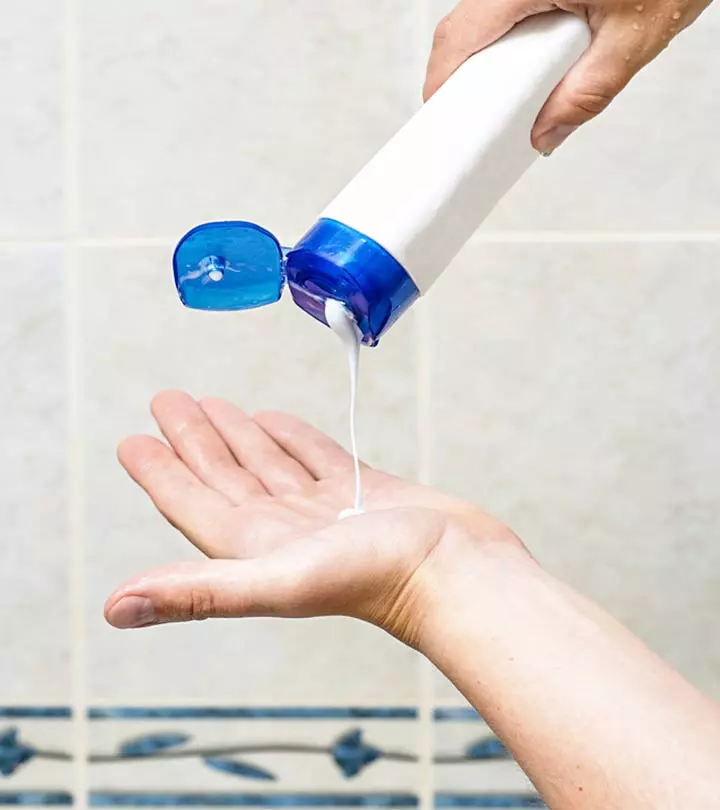
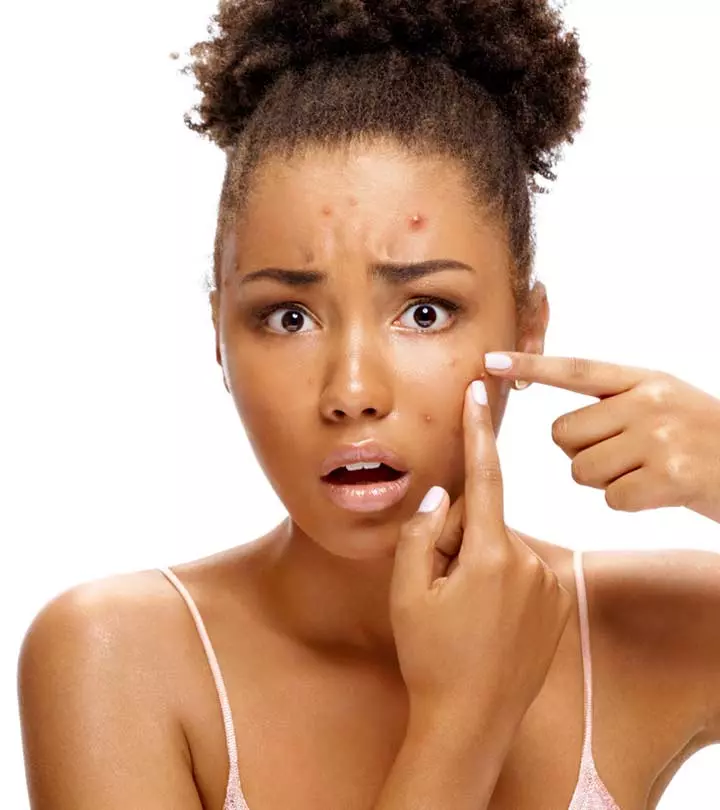
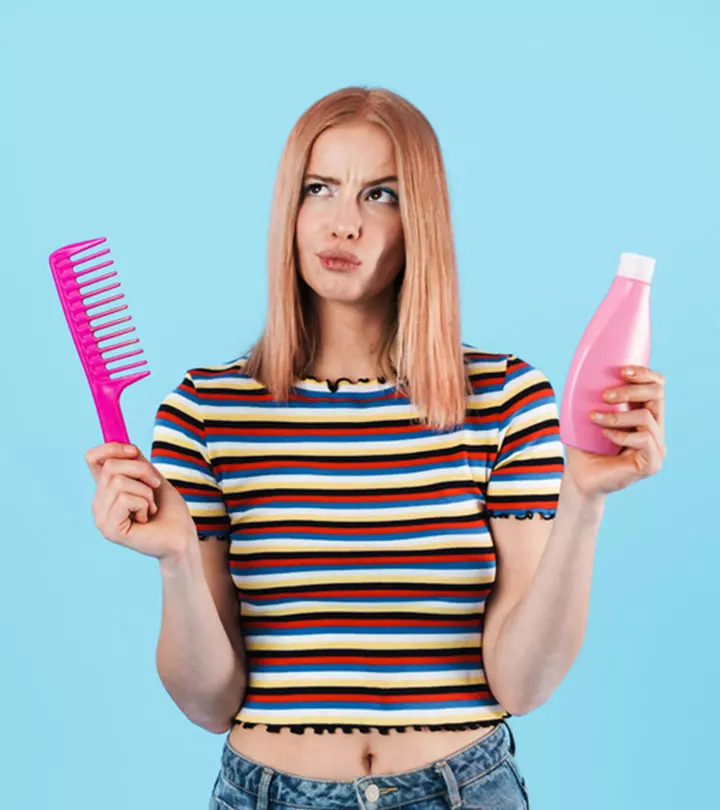
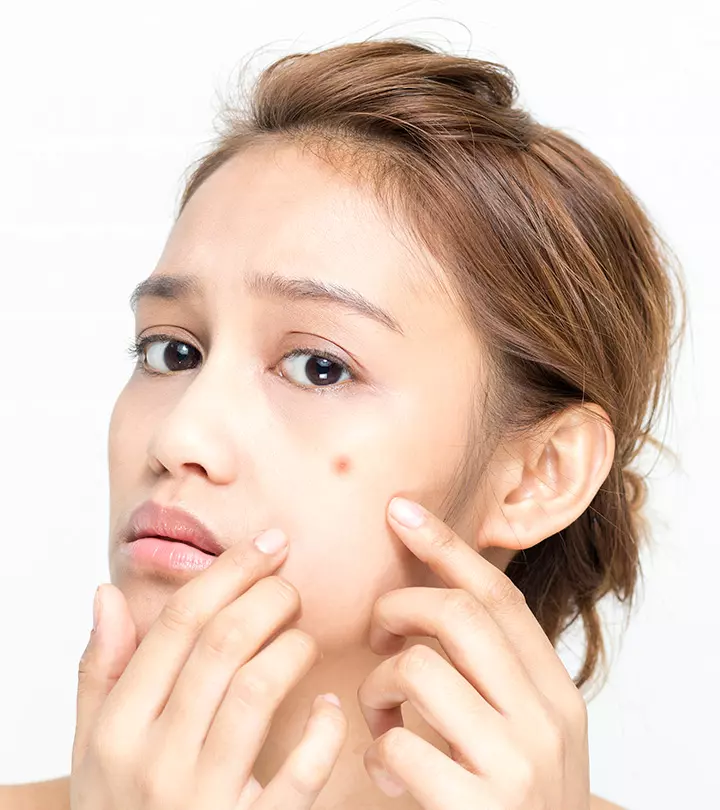
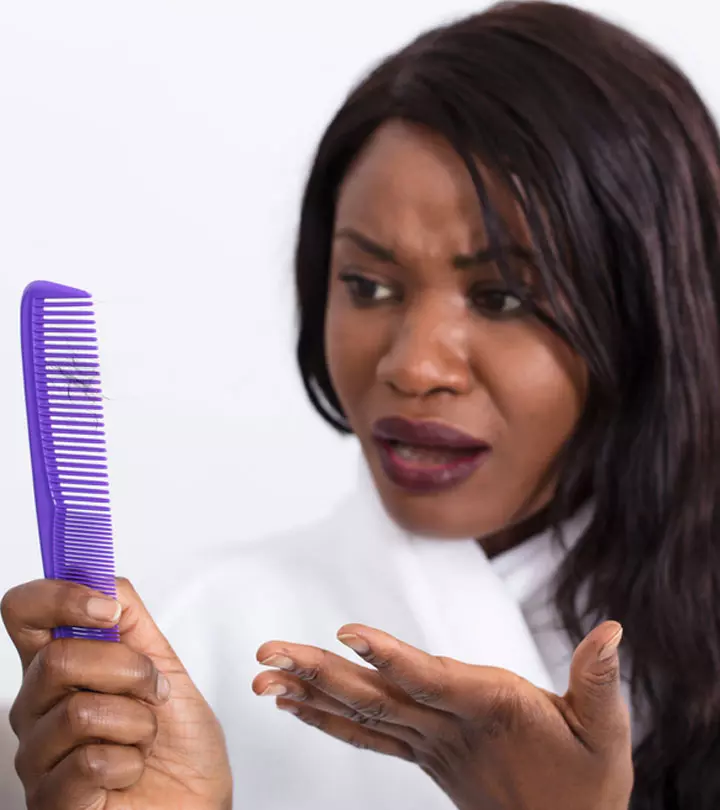
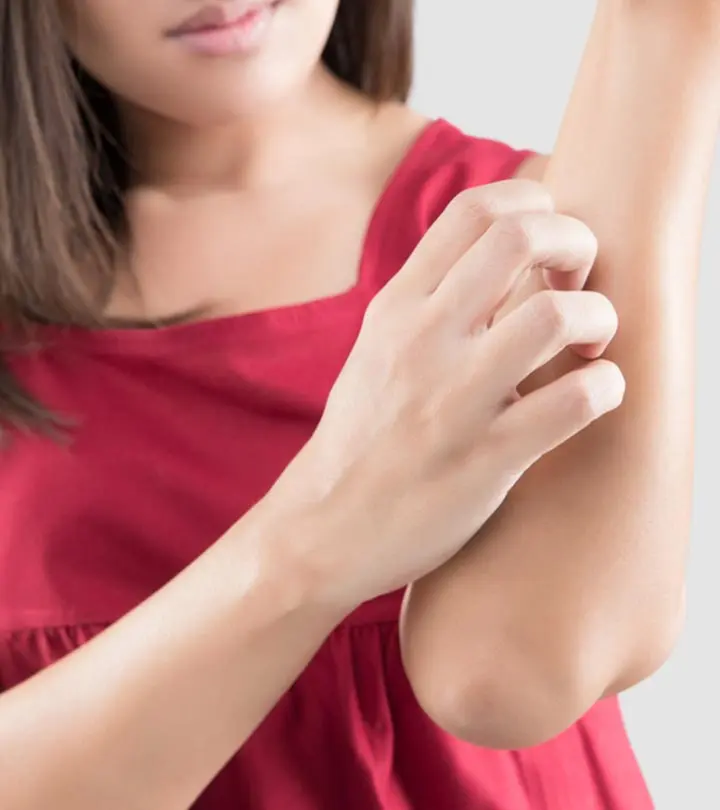
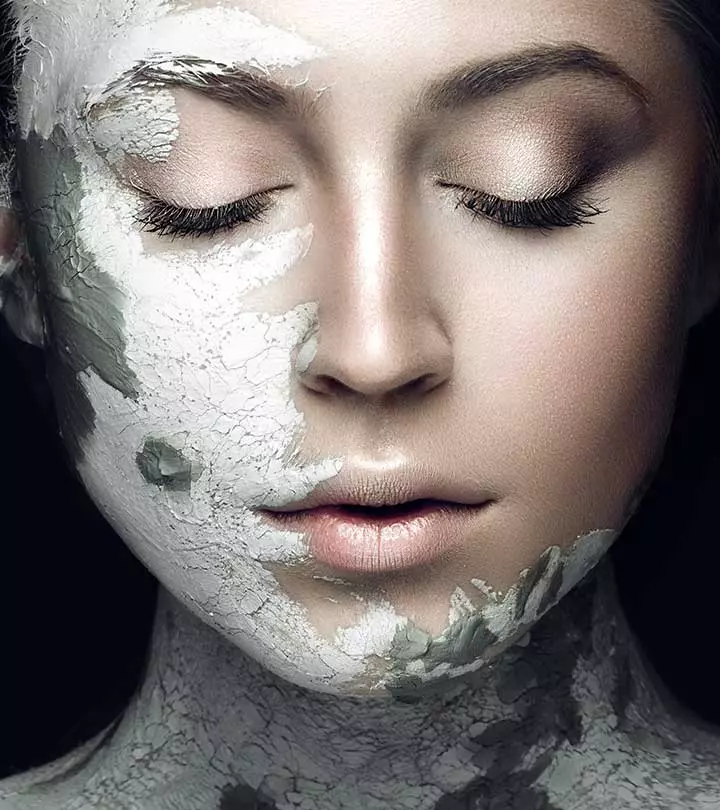

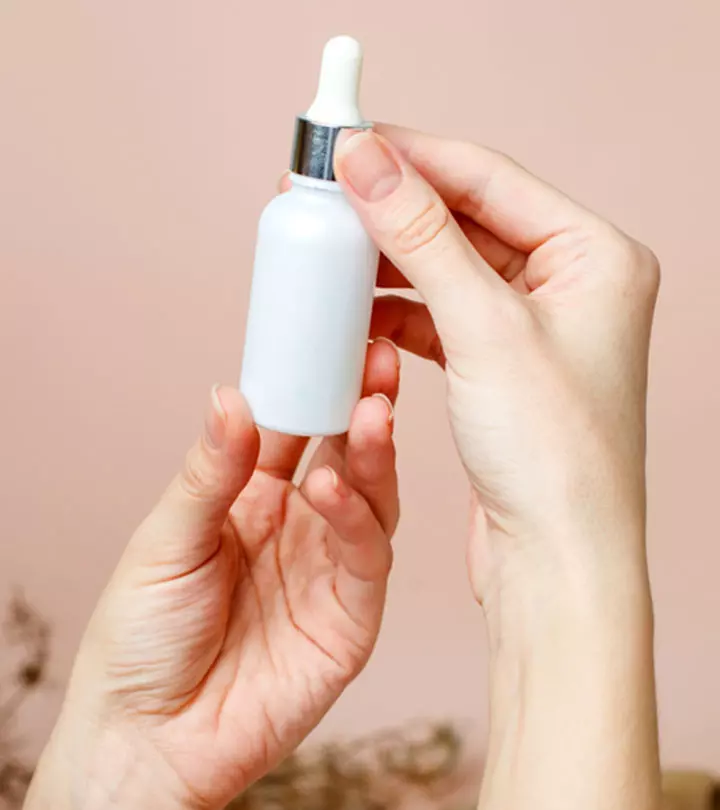
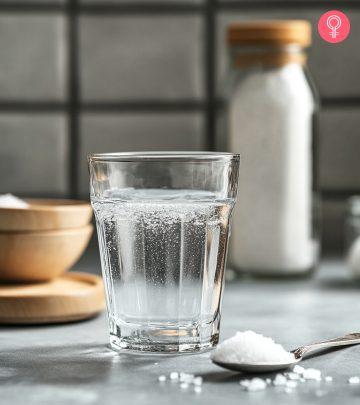
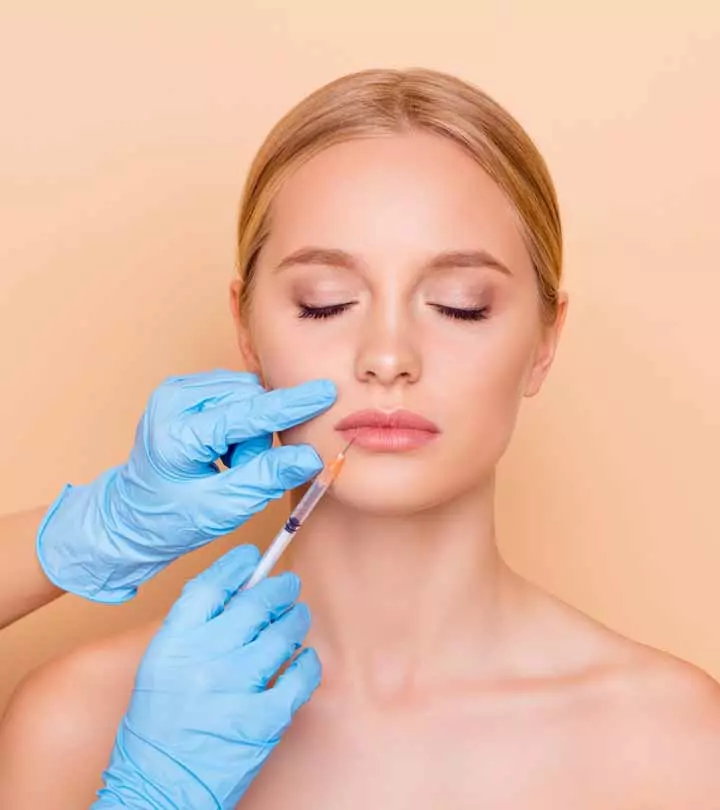
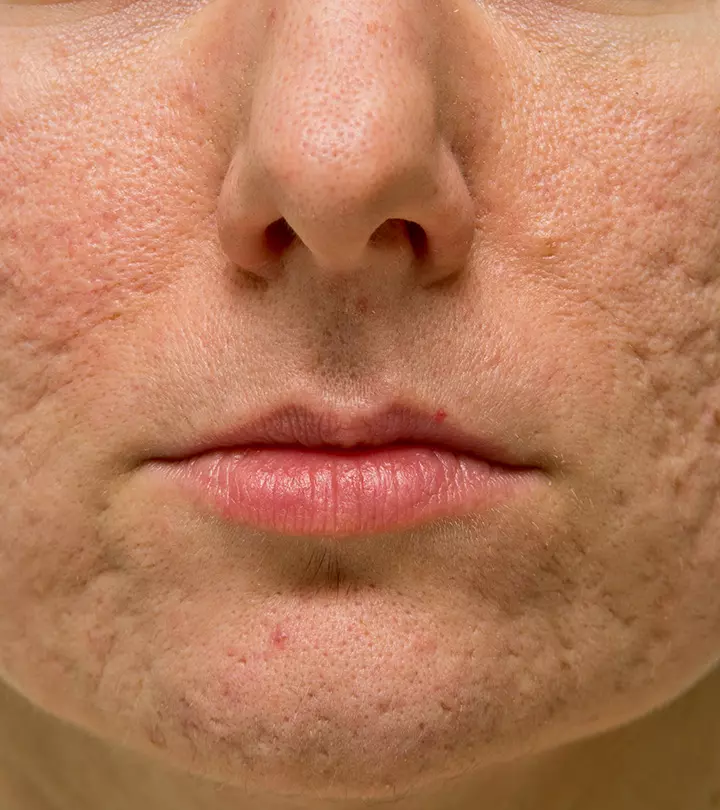
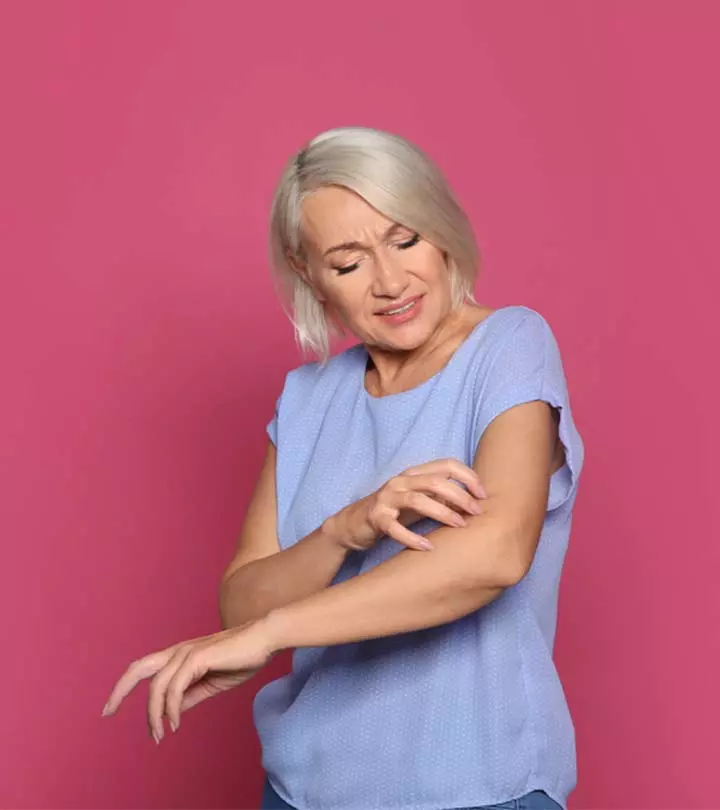
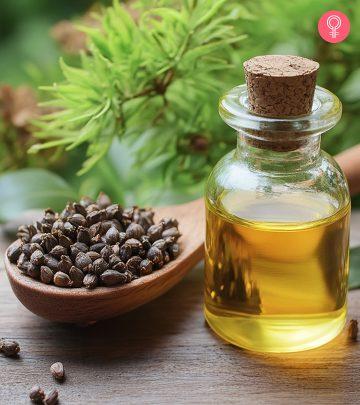
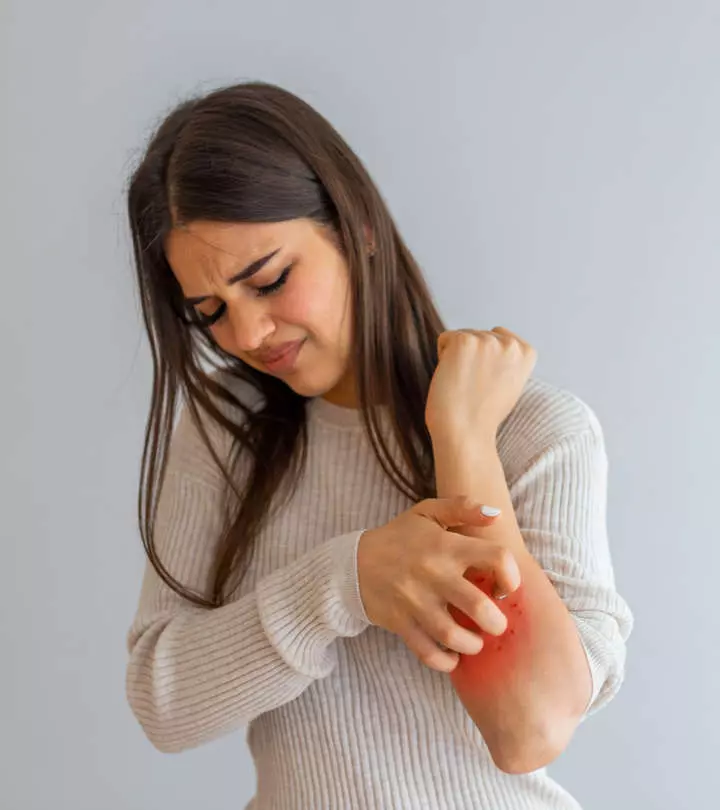
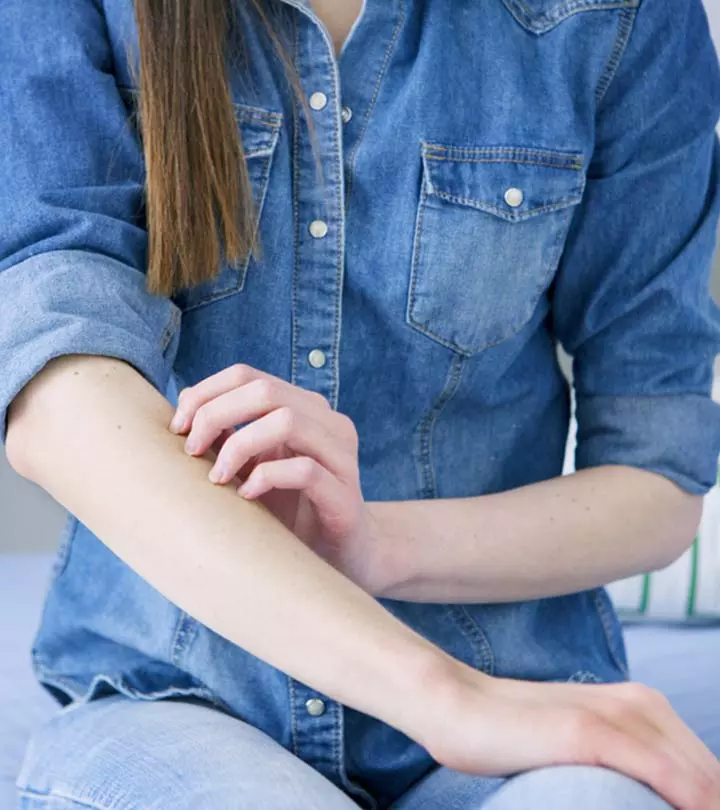
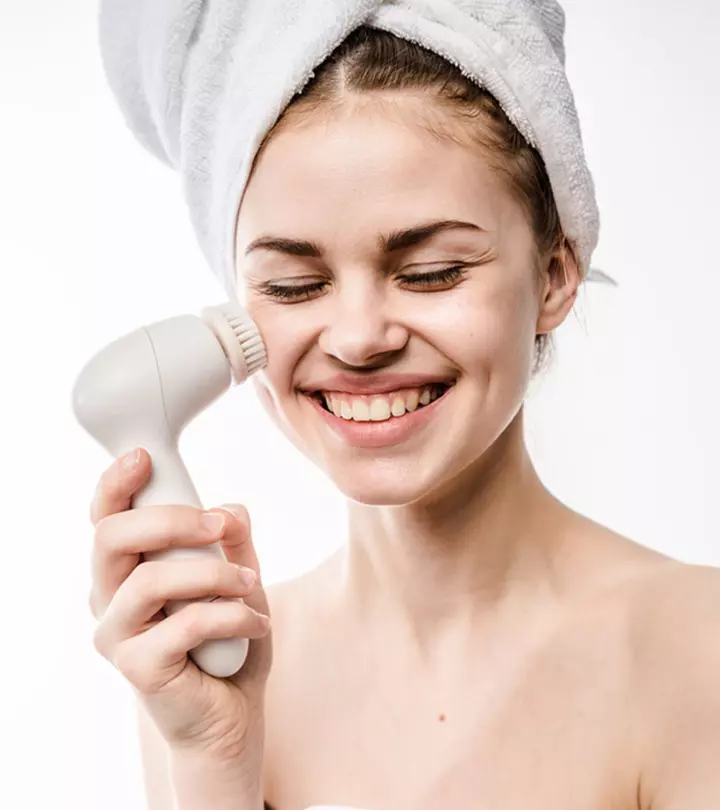
Community Experiences
Join the conversation and become a part of our empowering community! Share your stories, experiences, and insights to connect with other beauty, lifestyle, and health enthusiasts.